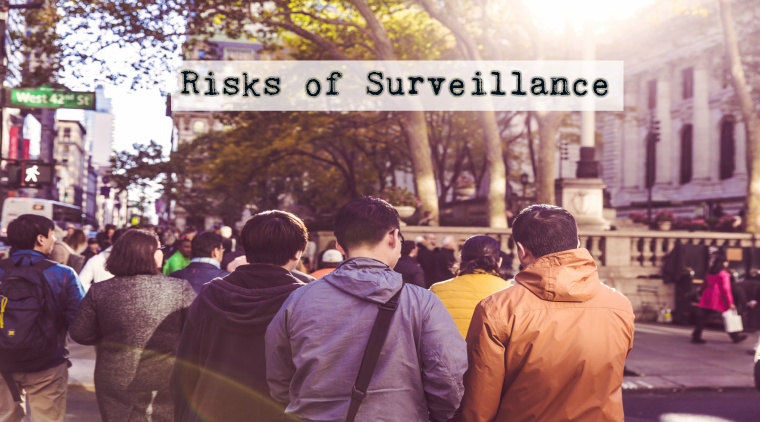- August 12, 2016
- Posted by:
- Category: Uncategorized

Risks Involved in Conducting In-Person Surveillance
Although the TV shows and movies make it seem like an easy task and often get lucky, finding out exactly what they need to regarding their target within the 60 minute show – its not all its cracked up to be. In fact, in-person surveillance is a tough job to perfect; an investigator must remain unnoticed, and may have to go hours without eating, drinking, sleeping, or even taking a proper bathroom break. An investigator may not only deprive themselves of the everyday things a person may do, they may also on occasions be placing themselves in danger or on the fine line of abiding by the law and breaking the law.
There are many precautionary measures an investigator must take when doing any investigative work, and below are some key items.
- When following someone by car, you have to do whatever it takes to ensure that you do not lose the person along the way. This may lead you unintentionally violating traffic laws, not only endangering yourself but also endangering fellow drivers on the road. An investigator must be alert and attentive to their surroundings, making every effort to prevent from endangering other patrons on the road and in their vicinity. You will be held liable for any reckless behavior that violates the law and causes harm to you, other individuals, or the community.
- Sometimes you’re on the go, deep into the investigation, chasing after someone or something and all of sudden boom, you’ve just rushed into an individual slamming them onto the ground. Unfortunately, that is what we call assaulting someone. Assaulting someone can land you in a serious amount of trouble; can blow your cover, and the mission at hand.
- If you enter onto another persons property without their permission in order to obtain a picture or video needed to prove a husband is cheating or a person suing with a claim of personal injury really isn’t hurt, you’re trespassing. Whether you obtained the proof needed to prove your clients case or not, if it is obtained by trespassing, should you be needing to prove something in court the evidence your worked to obtain is now inadmissible in court.
- Another key item, an individual might not realize is a serious risk in attempting to obtain proof by physical surveillance is roping and entrapment. Roping is when you obtain information by legal deception. I know you’re probably like – “okay, explain.” In plain English, an example of roping would be pretending to be a police officer in order to obtain information from an individual. Roping is illegal and can get you in serious trouble. Although, an individual may not be very familiar with the term entrapment, it is when a person basically “traps” an individual into doing something to prove or help an investigators case. Say for instance, an individual is suing a company with a personal injury claim in which they have stated they can no longer lift their arm overhead. As an investigator, your job is to watch endlessly until they’ve done something to prove that, in fact, they have no problem raising or lifting overhead. If you interfere by pursuing a random conversation with the person in the middle of a diner and then go to give him a high-five, you’re entrapping the individual, as an investigator your goal is not to become personally involved with the person you’re following.
- What do we all think of when it comes to private investigations, FOLLOWING SOMEONE! Yes, of course that is one of the main factors in an investigation however, when following someone leads to stalking and harassment you have gone too far. During in-person surveillance if you’re following someone and they realize, leading them to question you and why you’re following them, you need to leave and immediately. Don’t walk away and come back 5 minutes later, you need to quit the job for the day. You can always come back a few days later, however, that days work was just cut early. Now, if you go back and continue the investigation a few days later and the individual catches on again and goes a step further by filing a complaint, you need to then cease the job in its totality and immediately. By not following these instructions you can and will be charged with harassment and could potentially find yourself in jail.
- Often times, you will be contacted by a crazy ex girlfriend/boyfriend or ex wife/husband, wanting you to follow their exes to see if they’re dating someone new or to see whatever it is they’re doing as a daily routine. Sometimes prior to hiring you, they’ve already gone too far and the person has filed an Order of Protection with the judicial system. Should this have occurred, you cannot under any circumstances, do any physical surveillance of that person. If you get caught doing any, you will be arrested and sent to jail, even if the Order of Protection isn’t against you directly. This is because you’re doing investigative work directed by the person who does have an Order of Protection against them. This goes back to one of the tasks of being a private investigator being, doing your homework as a potential client may not freely give that information out to you.
All of these are key factors to consider when practicing in-person surveillance, always be aware of the situation, remain unseen, and always think smart!
